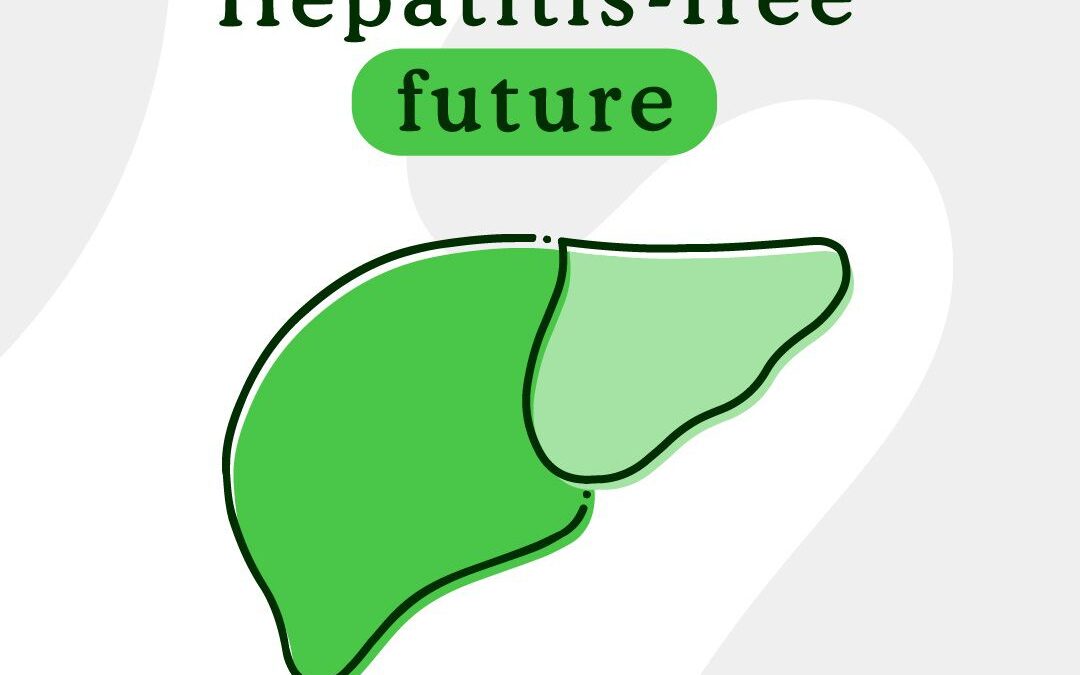Every year on world Hepatitis Day I have been writing about Hepatitis B and C and that was not without a reason. In fact all liver societies of world agree on this point that we need to educate people and medical fraternity regarding these 2 viruses as they are more dreadful, cause chronicity (can lead to cirrhosis), are transmitted by blood and blood products, sexual contact and invasive methods like surgery/dental extraction/tattooing etc. Other important fact about these infections is that majority of these remain asymptomatic for many many years so what we see is only tip of iceberg. There are so many people around us who are infected but they do not know and since we don’t know we cannot take measures to prevent further transmission in community. This year WHO slogan on World Hepatitis Day is “it’s time for action” Which means aggressive person centered care, more widespread testing and vaccination. This will surely have far reaching benefits.
Today on this world hepatitis day I again want to talk about another variety of hepatitis that is not considered very serious…. Yes that is hepatitis A. in fact this was detected long back, we have known it for decades and also knew that it is transmitted by feco – oral route that means contaminated hands, food or water and that the disease is usually mild and recovers quickly. We also knew that in our country majority of people get overt or hidden infection in childhood and by the age of 15 majority of Indians acquire lifelong immunity. Hence a universal immunisation program was never taken up although we have a fairly effective vaccine available for hepatitis A. it was also known that when an adult who escaped hepatitis A infection during childhood develops it during later age, the disease is not so mild. Adults often develop prolonged jaundice and course can be complicated by infections, altered sensorium and even liver failure.
Now since last 2 years majority of youngsters in second and third decade who are coming with jaundice are having hepatitis A. Not only it has become more common, it has become more prolonged and serious. Many of our patients had liver failure and required ICU care and prolonged stay. Many patients have required liver transplant and many have died. Rise in incidence and occurrence at a later age both are perhaps because of improved hygiene and sanitation in our country and now we are following patterns of western world. This brings out a very important point that we must intensify preventive methods for this disease and the most effective measure in this regard is hand hygiene and choosing safe food and water. Also we should consider universal immunisation for hepatitis A for which effective vaccine is already available. Though 95-98% patients have mild disease, loss of man days is equally important and even if 2-5% develops complications, it will be a huge burden on health care system apart from personal and financial loss to the patient. I strongly feel that all those who can afford should get their children vaccinated during first year of life. For this onus is on us—–the Gastroenterologist’s Paediatricians & liver specialist to counsel everyone to immunize children.
Once again through this write up I want to request ICMR and other national health agencies to assess feasibility of Universal Immunization for hepatitis A like America, Israel, Italy & many other countries. If it is not possible to give free vaccination, at least it should be advised to every family & they can purchase and immunize their loved ones. I know it will be very challenging to do Universal Immunization in a country like India but at least one step in this direction should we made.

